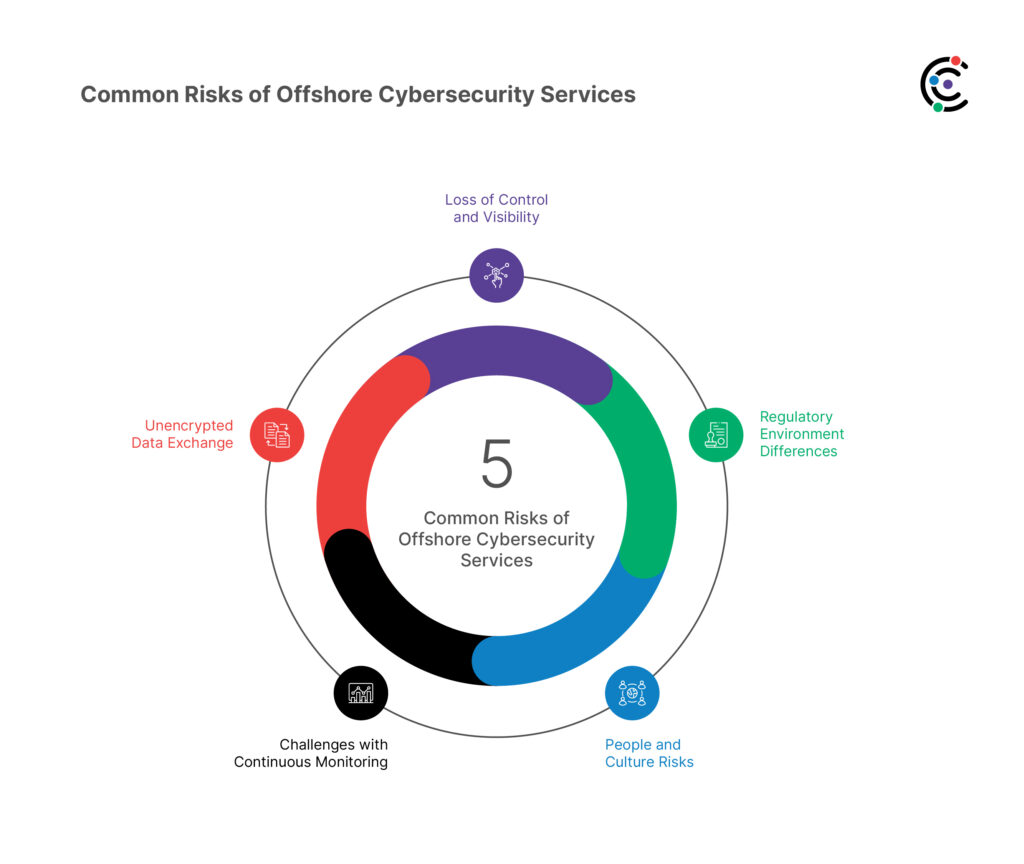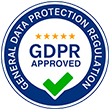Today, businesses of all sizes rely heavily on technology and the Internet to operate efficiently. While this connectivity and reliance on technology have unlocked new opportunities, they have also introduced substantial cybersecurity risks that threaten operations and data security.
To address these challenges, many turn to outsourcing some or all of their cybersecurity needs. Offshore outsourcing in particular is an attractive option due to relatively lower costs. However, relying on offshore cybersecurity services also introduces unique risks that companies must carefully consider and mitigate.
This article discusses some of the most common risks of outsourcing cybersecurity offshore and provides actionable recommendations to help businesses maximize the benefits of outsourcing securely.

Loss of Control and Visibility
One of the primary risks of outsourcing cybersecurity functions offshore is the loss of direct control and visibility over operations. When critical security functions are managed remotely, oversight and accountability become more challenging. Service providers based in different countries operate within different legal and regulatory environments, making direct supervision difficult.
Moreover, when networks and assets are managed across international boundaries, maintaining complete visibility into asset and user behavior becomes nearly impossible. Unknown communication channels or improperly segmented access between client environments and service provider networks can enable unauthorized access. These gaps in visibility and control increase the likelihood of security failures or incidents going unnoticed.
To mitigate such risks, companies must establish robust governance, risk, and compliance (GRC) programs with their offshore providers. Comprehensive service level agreements (SLAs) defining deliverables, access controls, validation mechanisms, and response procedures are critical.
Regular audits conducted by independent assessors help validate adherence to agreed security baselines. Multi-factor authentication for all remote access and network segregation practices that isolate provider environments also improve oversight. Strict configuration management covering any network or system changes is another best practice.
Differences in the Regulatory Environment
Regulations defining data protection, privacy, and security best practices vary widely between jurisdictions. When service providers operate from regions with less stringent rules, they may not voluntarily adhere to the same standards expected within a client’s home country. Failure to consider these differences can result in non-compliance, fines, or even loss of intellectual property.
To address this challenge, agreements must explicitly require adherence to the client’s local regulatory requirements for any data or systems involved. Providers also need systems and processes in place to demonstrate compliance through audits and assessments. Industry certifications like ISO 27001 can help validate adequate security practices independently of geographic location. Additionally, contractual controls over data flows and stipulated response procedures for any breaches strengthen risk management across borders.
People and Culture Risks
The nature of risks associated with people becomes more complex in offshore outsourcing. When employee screening, background checks, and ongoing monitoring are governed by different labor laws, vulnerabilities may arise. Cultural differences also influence aspects like work priorities, communication practices, and levels of transparency, each introducing human factors and risks.
Mitigating such risks involves building trusted partnerships with service providers through open communication and cultural awareness. Comprehensive screening and periodic re-validation of employee credentials help ensure role-based access controls are not compromised.
Implementing control practices like separation of duties and regular auditing of privileged access provide additional checks. Security awareness training tailored for cultural sensitivities can also establish a shared security mindset. Contractual non-poaching agreements further reduce risks from staff attrition.
Unencrypted Data Exchange
When data is transmitted between client and service provider networks without encryption, it is exposed to interception by malicious cyber actors. Transmitting customer credentials, financial information, health records or other sensitive unencrypted data between offshore locations opens up the risk of theft or exposure.
To prevent this, all data exchanges with offshore partners must be done over encrypted channels using technologies like SSL/TLS, IPsec or proprietary encryption protocols. Data in transit should never be sent in plain text formats like email attachments. Proper identity and access management protocols should also govern who can access what data within service provider environments.
Continuous Monitoring is Critical
With cybersecurity functions outsourced offshore, vulnerabilities introduced during system and change management become harder to detect quickly through routine oversight. Due to gaps in visibility, attack surfaces may also expand unintentionally. Without robust monitoring controls, security issues may persist unnoticed, worsening impacts.
To address this challenge, comprehensive security incident and event monitoring (SIEM) and log management systems must be implemented across all environments under management.
Automated vulnerability scanning and external penetration testing help detect weaknesses. User access should require multi-factor authentication to applications and network segments, with all activity securely logged. 24/7 security operations center (SOC) coverage strengthened by professionally managed detection and response (MDR) services greatly enhances threat detection capabilities.
Compliance is a Shared Responsibility
When service providers operate from environments with less developed data privacy, security, or compliance standards, client obligations remain. Offshore outsourcing does not absolve companies of accountability for sensitive data under their purview, requiring diligent oversight.
Ensuring contract terms explicitly outline each party’s compliance responsibilities helps manage this risk. Baseline compliance requirements and validation mechanisms should also be clearly established through independent assessments, regulatory audits by qualified auditors, and records retention policies agreed in SLAs. Adopting certifications like ISO 27001 showcases provider reliability and facilitates audits. Internal compliance teams must still audit offshore partners periodically to verify and validate controls.
Security Begins with the Right Partner
With cyber-attacks threatening organizations of every size, a strong security posture is indispensable for business continuity, customer trust, and competitive advantage. While offshore outsourcing enables cost optimization, security best practices demand a tailored approach to suit an organization’s budget, risk tolerance, and changing requirements.
For these reasons, partnering with an experienced managed security services provider (MSSP) is critical.
Cyber Security specialists like IMS Nucleii offer end-to-end security solutions and managed services designed to secure systems and defend against modern threats. With 24/7 security monitoring, experienced security analysts using AI/ML backed tools have deep expertise to detect threats faster. Penetration testing, vulnerability assessments, and compliance audits help identify gaps, while regular employee training builds security awareness.
With local presence and global delivery capabilities, we strengthen security posture regardless of location or size. Contact us today to discuss how we can protect your organization from emerging risks.











